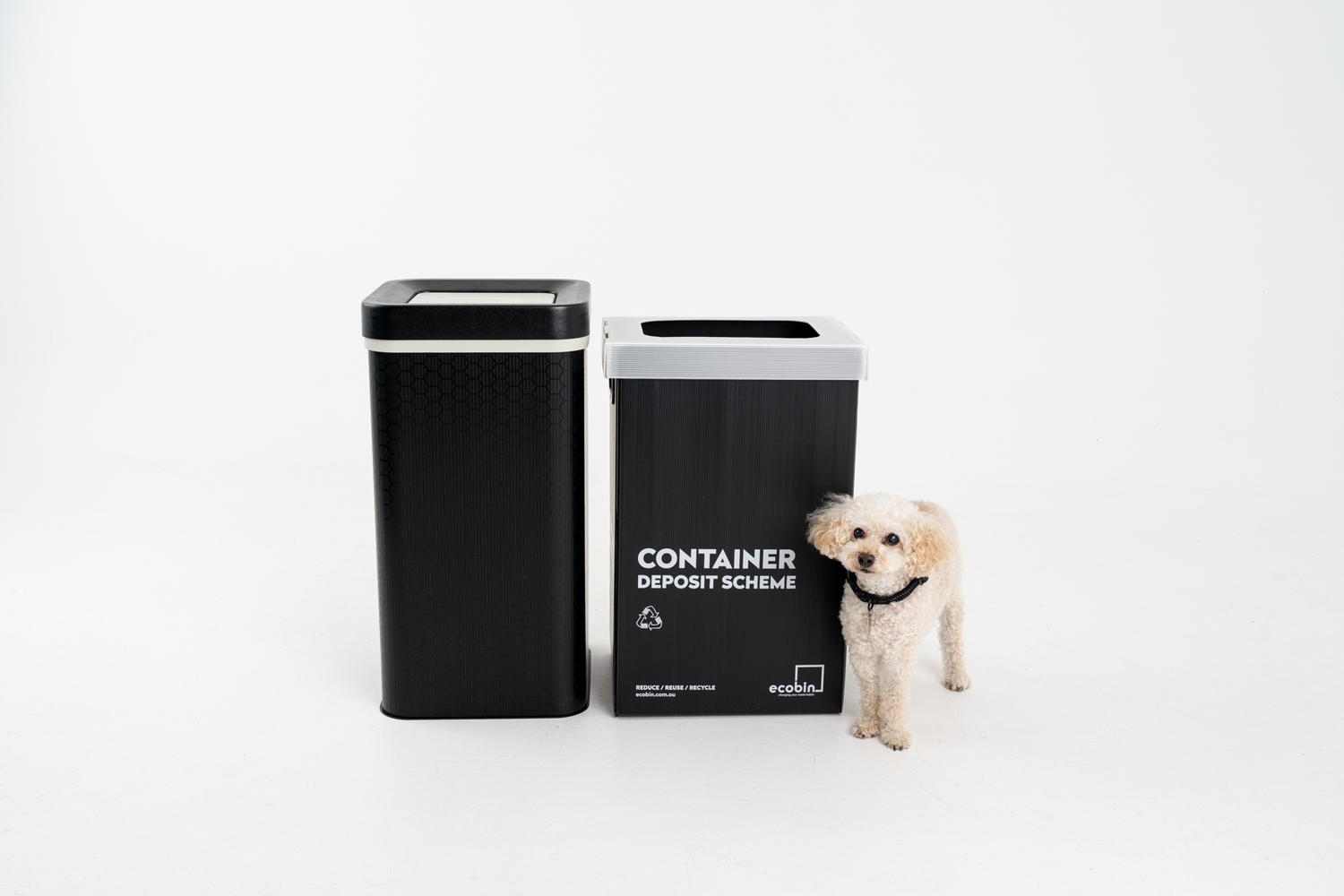
Help save our Coral Reefs
Coral reefs are found in more than 100 countries across the globe, covering close to 110,000 square miles worldwide, and are typically located in tropical and subtropical waters near the surface and sunlight.
More than 25% of all marine life on the planet live in coral reefs across the globe, including the Atlantic, Pacific, and Indian oceans, and just one reef has the capability to house thousands of different species.
The world’s largest coral reef, the Great Barrier Reef, is home to 1,500 species of fish, including sharks and rays, as well as many different species of hard coral, soft coral, and various marine mammals. Twenty-five percent of coral reefs worldwide are already considered damaged beyond repair, and close to sixty-five percent of coral reefs are under serious threat.
What is threatening the Coral Reefs?
There are many things that are contributing to the coral reefs now being considered endangered, including the following:
- Climate change is causing changes in the oceans acid levels, resulting in a decrease in pH that will bleach and eventually kill the coral reefs.
- Bacteria, chemicals and other pollutants, including those from agriculture and untreated sewage are leaked into the ocean and jeopardise the health of the reefs.
- Overfishing, fishing nets, plastics, and other marine debris are constant assaults to the reefs and their inhabitants.
- Coastal development, dredging, and sedimentation all lead to reef habitat destruction.
- Unsustainable tourism has led to the destruction of major parts of world-famous reefs. Threats from tourism include stepping and anchoring on reefs.
